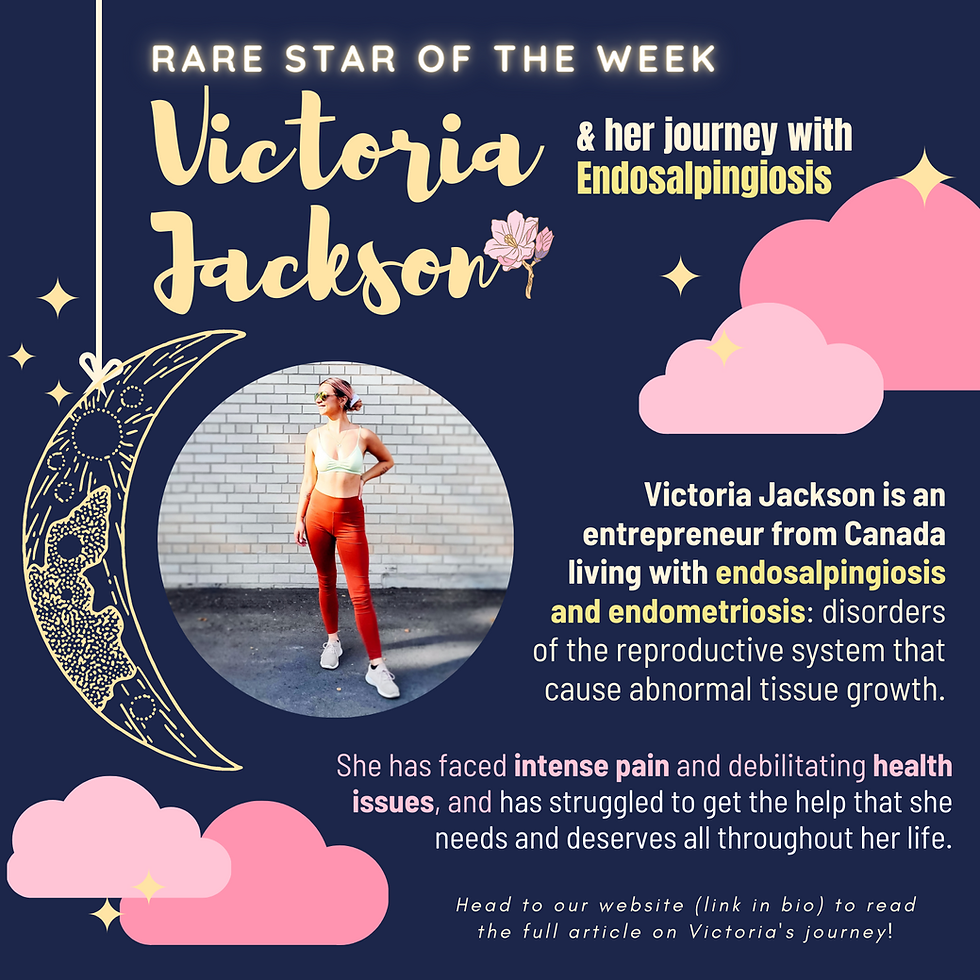Bri & Levi Snow’s Story with Congenital Cytomegalovirus
- Shaping Foundations

- Dec 8, 2021
- 4 min read
Written by Arundhati Vankayalapati
Edited by Cayla Xue
Published on 12/08/2021

Sometimes we can sense that something is wrong even when everything seems just fine—it’s kind of like a sixth sense—and that’s exactly how Bri Snow felt when her son, Levi David Snow, didn’t meet his milestones. At three months, he still wasn’t able to lift his head or look at others. Being his mother, Bri was worried, but doctors assured her that he was completely fine and suggested that he was simply developing a bit slower than anticipated.
But Bri was right to be concerned by Levi’s lack of interaction and movement. Some time passed, and Bri noticed that Levi’s head wasn’t growing (microcephaly). When she took him to the doctor, they hypothesized that he had craniostenosis, or the narrowing of the skull. After an MRI scan, they noticed brain damage. Levi had actually gotten Spastic quadriplegic cerebral palsy, which meant that his movement would be restricted because he had difficulty controlling it. Also as a result of his craniostenosis, Levi is only able to see bright colors like pink and neon green.
Bri had contracted a virus called Cytomegalovirus (CMV) during pregnancy, which was passed onto her son as congenital cytomegalovirus (CMV). This resulted in incomplete brain growth and brain injuries. Another common complication of CMV is hearing loss, but Levi doesn’t have any significant hearing loss so he doesn’t need a hearing aid. Other complications of congenital CMV include seizures, low birth weight, inflammation of the liver (hepatitis), and a swollen liver and spleen. If Levi had received the healthcare that he needed earlier, the impacts on him may have been less severe.

Bri, confessed that “at first it was really hard, especially because we didn’t know everything that was going on yet.” Sometimes she would look at the smiling babies of her friends and think to herself about her baby, who could not smile at her. Sometimes she felt guilt for being unable to afford everything that the other parents of rare disease patients could. As a new family, this was tough. But her husband was very supportive and talked her through it. With the help and support of her family, Bri learned that she didn’t have to harbor feelings of guilt about her son’s health because she was doing everything that she could. Not every factor was in her hands, but she made sure to try her best to help Levi in any way that she could control. As a person with a positive outlook, she believes that Levi “is just the way he is supposed to be.” Bri ensures that she enjoys every small moment with her family—whether it be swimming or just enjoying the great outdoors. She has learned that life can be so simple and there is a lot to appreciate.
Through her numerous interactions with the healthcare system, Bri believes that Levi and the rest of her family have been so lucky to be heard. They have worked with various specialists, including a neurologist who has been especially helpful in this whole process. Despite this, she feels that there is a lot more that the healthcare system could have done to help Levi, and though she is grateful for everything she has received, it has become obvious to her that the system is not perfect, especially due to Levi’s late diagnosis. Some things were definitely missed as a result of the rareness of Levi’s condition. However, she felt like the first hearing test should have been a pointer to look into Levi more closely. Overall, she believes that we need more awareness of rare diseases—specifically congenital cytomegalovirus (CMV).

Through her experiences as the mom of a rare disease patient, she has learned a lot and has some very sound advice for advocates and caregivers: stop comparing your family with other special needs families. Not everyone can afford special therapy, but everyone can spend time together. She believes that “the best therapy is family.” Sometimes, it’s best to spend time with family without worrying about progression. What she said next is beautiful: “Being a parent for a disabled child is so much more rewarding than what I’ve thought.”

Thank you so much to Bri Snow for sharing her and Levi’s story! We hope that her story will be able to raise awareness for congenital CMV, provide support to other members of the rare disease community, and inspire more people to care for rare diseases overall.
Follow Levi’s journey on Instagram: @luckyleviii
Know someone who wants to share their story? Fill out the short form above or directly contact us via any of our socials, our email, or our contact us page.
Do you have any suggestions for our team? Feel free to leave any feedback about this article by going to our Contact Us page.
Thank you for reading!
References:
“About Cytomegalovirus and Congenital Cmv Infection.” Centers for Disease Control and Prevention, Centers for Disease Control and Prevention, 18 Aug. 2020, www.cdc.gov/cmv/overview.html.
“Interview: Levi David Snow.” Shaping Foundations, Shaping Foundations, June 2021, shapingfoundations.wixsite.com/shapingfoundations.
NIH GARD. “Congenital Cytomegalovirus.” Genetic and Rare Diseases Information Center, U.S. Department of Health and Human Services, 4 Nov. 2015, https://rarediseases.info.nih.gov/diseases/1480/congenital-cytomegalovirus.




Comments